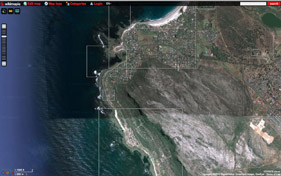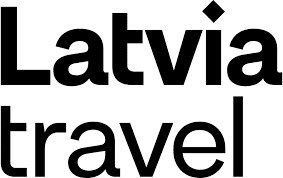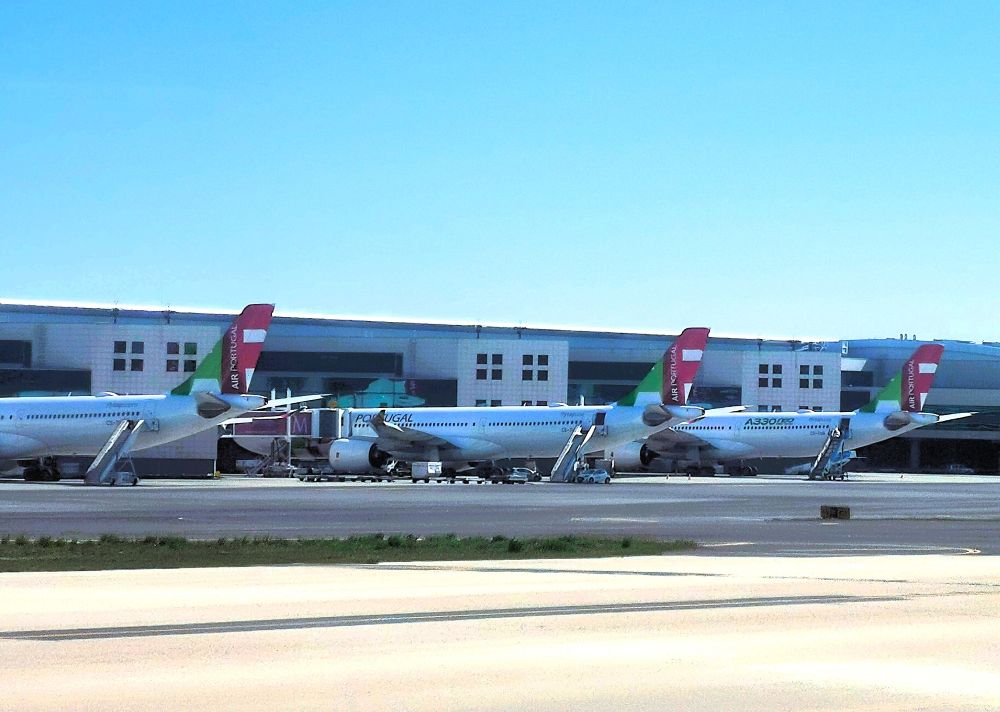South Africa Gets New Coastal Conservancy
Saturday, 29 Mar, 2010
0

Soetwater resort on the Cape peninsula has become the Western Cape province’s newest coastal conservancy.
Soetwater (Afrikaans, meaning “sweet water”) is of tremendous importance in terms of biodiversity, and is home to a variety of mammals, birds, reptiles and insects. In particular, the endangered African Black Oystercatcher (Haematopus moquini) breeds on the local beaches, and many caracal and Cape clawless otter have made the area their home. Writes Janine Erasmus in LiveEco.
Some of the few remaining functioning coastal ecosystems in the Cape Town region are found here. However, Soetwater is also of socio-cultural importance, as it is a popular camping site that is used extensively, especially by Capetonians, for weekend or holiday getaways. Some communities from the Cape Flats, according to the City of Cape Town, have made it their tradition to camp out at Soetwater during the end-of-year holidays.
What also makes the resort a conservation priority is its proximity to the former Witsand (Afrikaans, meaning “white sand”) landfill site. Although the neighbouring site has been closed for over 30 years, old refuse still makes its way to the surface from time to time, blemishing the pristine white sands.
The heavy winter rains experienced in the Western Cape during 2009 eroded enough of the Witsand dunes to cause old waste to flow down to the shoreline, where it almost completely covered the beach and washed into the water.
Ocean Minded, a brand of beach and surf footwear based in nearby Gordon’s Bay, organised a big clean-up towards the end of November, enlisting nearly 40 volunteers. Some 400 rubbish bags later the area, which is popular with surfers, windsurfers and kite-surfers, regained its unspoilt beauty.
Preserving the environment
Waste and biodiversity in the resort area need to be managed in a way that does not compromise the environment or rights of the community. The establishment of a coastal conservancy will address all needs, as responsible camping and related social activities will be encouraged as much as conservation-driven birding and hiking.
The new Soetwater-Witsand coastal conservancy was proclaimed at the end of 2009. The protected area stretches from the famous Slangkop lighthouse in Kommetjie for about 10km along the coastline, down to Misty Cliffs near Scarborough.
“We would like people to continue using the area they way they like to use it, but within a context where the natural habitats remain functional and healthy,” said Gregg Oelofse of the city’s Environmental Policy and Strategy Unit.
In January 2008 the city implemented strict new rules for the use of the resort, much to the disgruntlement of Soetwater regulars. The rules were far too strict for the liking of campers around the peninsula, and they rose up to complain to then-mayor Helen Zille. Campers complained that the prohibition of alcohol and a ban on launching boats, gathering firewood and picking flowers or sour figs, among other regulations, had ruined their fun.
Management and maintenance
At its November 2009 meeting, the city council approved the allocation of R300 000 as an annual fee to the Kommetjie Environmental Awareness Group (KEAG), which will oversee the management and maintenance of the Witsand-Soetwater coastal conservancy and the Witsand landfill site.
A number of improvements have been made since the end of the year, according to the city. The boat ramp has been upgraded and more informative signage has been put up. KEAG has cleared a substantial amount of alien vegetation and human refuse, and reportedly has the landfill site well under control.
The Soetwater conservancy will provide at least 2 000 days of employment a year.
Saving rare birds
Cape Town University’s Percy Fitzpatrick Institute of African Ornithology oversees the oyster catcher conservation programme which was established in 1998, in South Africa.
The institute says that there are only about 5 000 birds left in the wild, of which about 75% live along South African coasts – some as far as the Eastern Cape. The rest occur along Namibia’s rugged coast up to the northern region of that country.
The species is classified as near-threatened by the International Union for the Conservation of Nature’s Red List.
The bird breeds on the coast from November to March, laying its eggs in hollows scratched out of the sand. However, increased human traffic during this peak summer period means that many eggs are destroyed and hatchlings die.
In recent years the programme has brought greater understanding of the birds’ movements and conservation needs. The institute has appealed to the public to be extra careful during breeding season by avoiding nests protected by agitated parent birds, controlling their dogs and spreading the word to others.
Source: Media Club South Africa
Valere Tjolle
Valere Tjolle is editor of the Sustainable Tourism Report Suite, special offer at: www.travelmole.com/stories/1141006.php
Valere
Have your say Cancel reply
Most Read
TRAINING & COMPETITION
Posting....
Skip to toolbar
Clearing CSS/JS assets' cache... Please wait until this notice disappears...
Updating... Please wait...
Subscribe/Login to Travel Mole Newsletter
Travel Mole Newsletter is a subscriber only travel trade news publication. If you are receiving this message, simply enter your email address to sign in or register if you are not. In order to display the B2B travel content that meets your business needs, we need to know who are and what are your business needs. ITR is free to our subscribers.








































Airlines suspend Madagascar services following unrest and army revolt
Airbnb eyes a loyalty program but details remain under wraps
Qatar Airways offers flexible payment options for European travellers
Air Mauritius reduces frequencies to Europe and Asia for the holiday season
Major rail disruptions around and in Berlin until early 2026